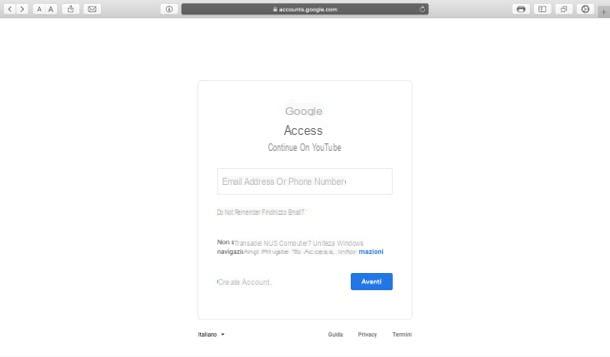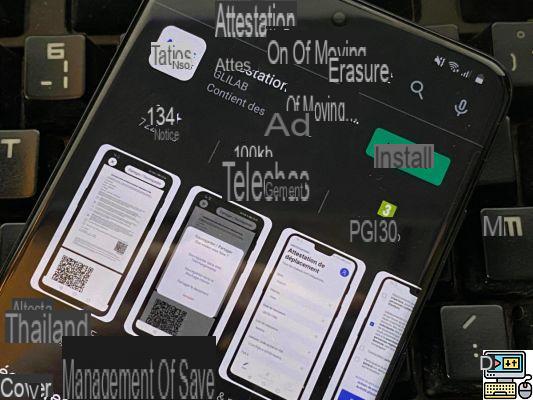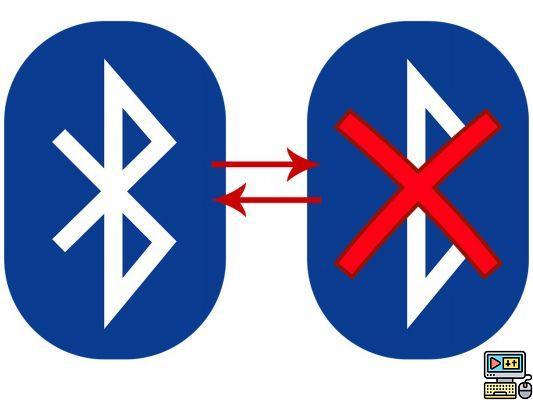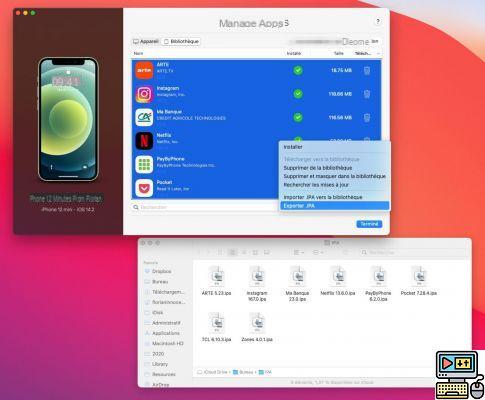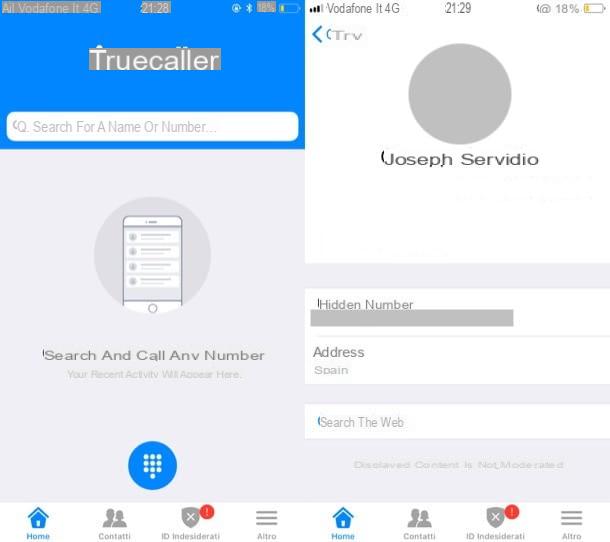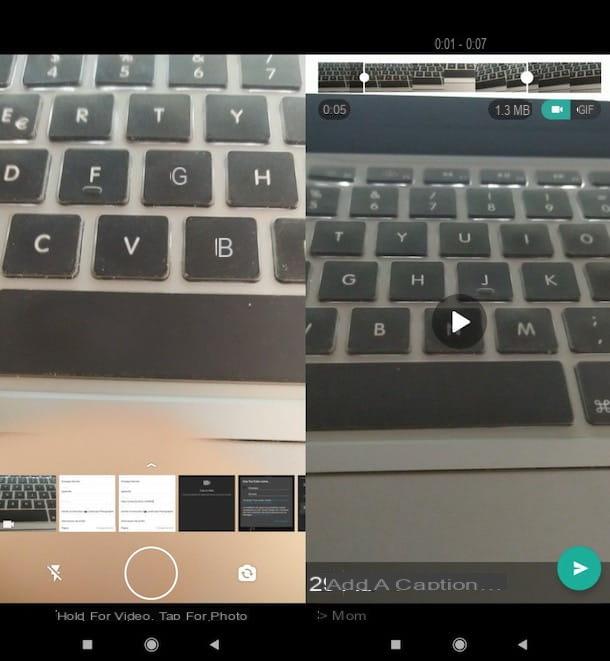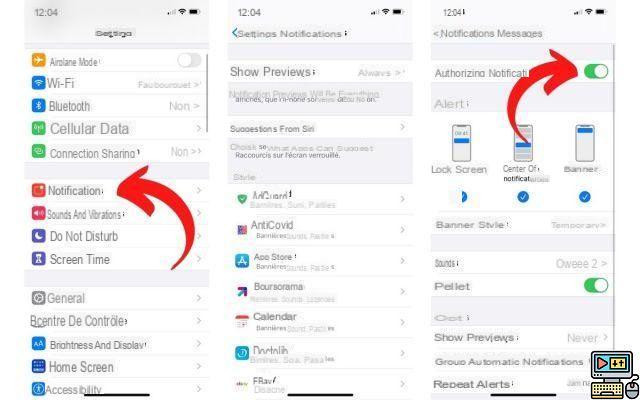Today we are going to try to answer a thorny question, which all laptop owners have had to ask themselves one day: is it better to leave your PC plugged in when it has already reached 100%, or is it better unplug it? Similarly, is it better to maintain its charge level at 100% or to discharge it regularly?

If for you, the functioning of the laptop battery is a mystery, you have come to the right place. To try to answer the question of charging, we will first look at the operating mechanism of a battery. So how does a laptop battery work?
Above all remember one essential thing: there is no way for you to overload your computer's battery with energy. It's an urban legend. If you leave your laptop plugged in for hours, because you've gone shopping, to work or to the bathroom, and it reaches the 100% charge, the electricity will stop accumulating. Basically, your laptop will simply run on the current it has access to via your charging cable and will leave the energy stored in the battery for later. No overload therefore, your PC will simply make reserves for later. It will switch back to battery as soon as it runs out of power.

Your laptop battery doesn't last forever
Whatever you do, whether you take good care of it or neglect it, your battery will one day give up the ghost. There is nothing you can do. Just as you'll enjoy a longer life by eating healthy, quitting smoking, and exercising, it's possible to slow down, not stop, the process that leads to battery death.
Laptop PC batteries are particularly sensitive to heat and large temperature variations. So if you have a computer equipped with a removable battery, you can remove it from time to time, so that it rests and cools down. Also avoid overheating the room where you keep your computer, your battery will thank you for it.
Battery charge cycles: how does it work?
The life expectancy of a battery is calculated using its charge cycles. A charge cycle is simply the use of your entire battery. You will have understood it: the batteries have a limited charge cycle. You can easily access this information on your computer, to know where you are.
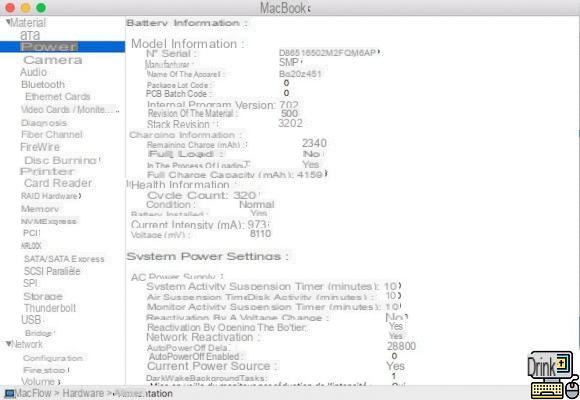
The faster you consume charge cycles, the easier your battery will drain. An average battery has 500 cycles. However, do not jump to conclusions too quickly: it is not by never discharging your battery that you are going to take care of it. By maintaining the charge level of your battery at 100%, its life will be reduced. In truth, the charge time you have will melt away. Likewise, if you discharge your battery too often, your charge cycles will skyrocket. What if the solution lies between the two?
Between 40% and 80%?
Many experts claim that keeping a charge level at around 50% can help keep your battery alive longer. In an interview with Wired, the CEO of Cadex Electronics, a company that designs batteries, was a little more specific. According to him, for an optimal life expectancy, it is better keep your battery between 40% and 80%, in order to avoid wasting charge cycles. He therefore advises not to exceed 80% and not to go below 40%.
The more electricity a battery stores, the more its charging cycles will decrease. If you exceed 80%, you are therefore harming your battery: it will indeed heat up to conserve this energy and as you know, it does not like heat. Similarly, if you go below 40%, your machine will count a charge cycle. Still according to the CEO of Cadex, it is possible to multiply the life of a battery by 4 by following these few recommendations.
Discharging your battery to maintain it: a myth!
There are many myths about the proper use of laptop batteries, just like smartphone batteries. One of the most recurrent advises to regularly discharge a battery to “do its maintenance”. It is totally false. You will simply lose another charge cycle. On the other hand, a discharge or a complete recharge makes it possible to recalibrate it.

It is not a question of increasing its life expectancy but of allowing your operating system to better estimate charging time what you have left. Be that as it may, this operation must remain very occasional. No need to recalibrate your battery every week, or want to recalibrate it upon purchase. Likewise, many modern PCs, such as Apple's Macbooks, no longer work this way. If you have a recent PC, this advice is not for you.
Conclusion
Whatever you do, your battery will eventually die. As you will understand, you can slow down this process by adopting good habits, such as avoiding complete discharges that are too regular or excessive temperatures. In case of occasional charging or discharging, there is no need to worry and bite your fingers. The impact of discharging or charging for too long is minimal on the cycles of your battery. In short, don't overdo it and remember that, sooner or later, your laptop's battery will fail you: that's unfortunately how they work!








